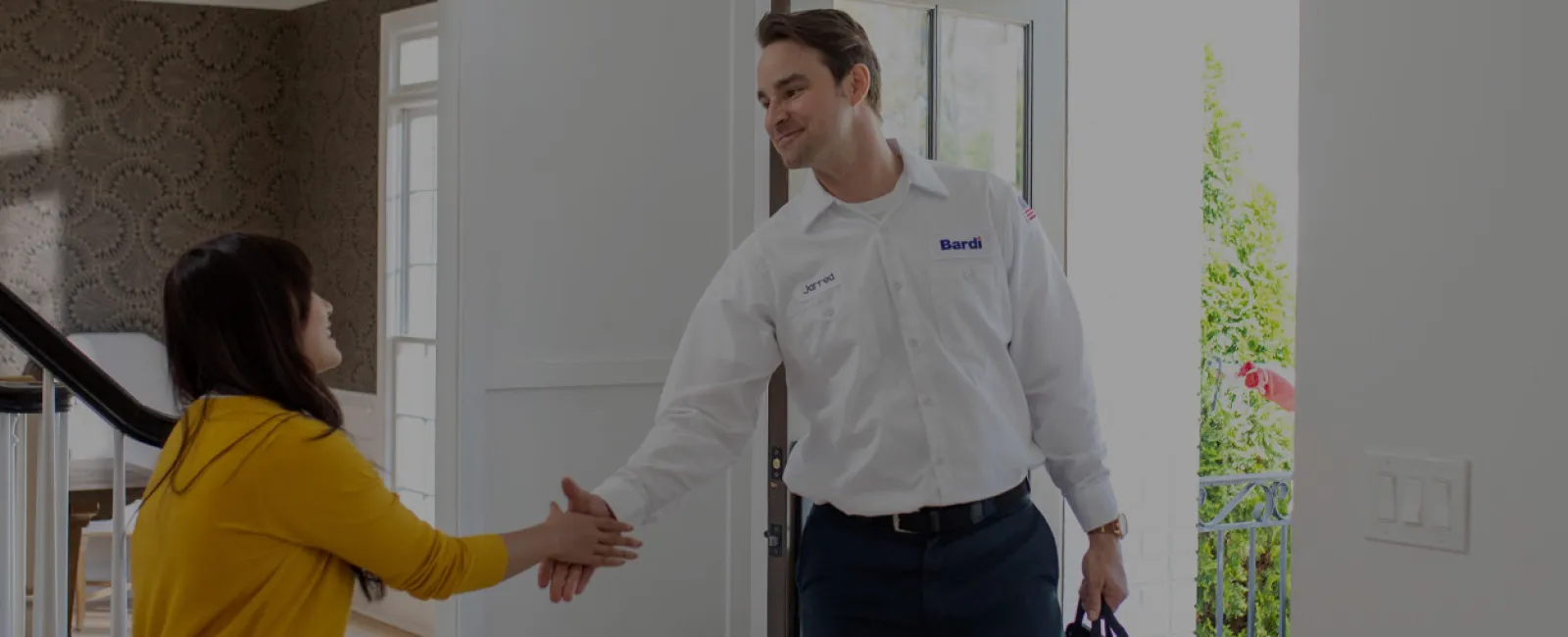Most homeowners don’t realize how important their plumbing system is until it’s too late. With all the use that your plumbing system will likely get this Christmas and winter, it’s no wonder it tends to be a plumber’s busiest season.
We’re past Thanksgiving, but we’ll all be coming together again for Christmas, New Year’s, and other winter holidays.
Here are some things you can do to help avoid plumbing problems.
Prepare Pipes for Cold Weather
While the pipes in homes built in colder climates are installed in places that are heated, here in the South many pipes are installed outside the home. Because the weather doesn’t often get cold enough to cause burst pipes, many homeowners forget to prepare their pipes for winter. This can be a costly and damaging mistake.
Pipe Insulation
Pipes that are located in unprotected areas should be insulated with the proper materials. Your plumber can recommend the right type of insulated sleeve to tightly fit over the pipe. You may be able to find the right insulation sleeve at your local home improvement store.
The plumber will also make sure there are no gaps in between the insulation and the pipe. Also, any pipes located near openings in outside walls should have the proper sealing between the pipe and building material.
Prevent Frozen Pipes
- Prepare Pipes with Insulation
- Keep the Heat Inside (Insulation and Air Sealing)
- During Freezing Temps, Open Faucets Enough to Trickle Water
- Open Cabinet Doors
- Leave Heat On When You Leave (55 degrees or higher)
Learn more on preventing and thawing frozen pipes this winter.
Bardi Heating, Cooling & Plumbing delivers fast and reliable plumbing services to residential and commercials customers in the Metro Atlanta area.
Our expert plumbers have seen it all. We can help you prevent, thaw, and repair frozen water pipes, along with any other plumbing maintenance, repair, or replacement you may need.
Watch What You Flush
Just because you can flush something down the toilet, doesn’t mean you should.
Despite what you may think, it’s NOT a good idea to flush wet wipes. In fact, there are several ongoing lawsuits to change the packaging of these products. Some still say that they are flushable.
These so-called “flushable” wet wipes have been causing huge problems at sewage plants around the globe. Since they don’t break apart like toilet paper, they can combine with fats, oils, and grease to create what is known as a “fatberg.”
These fatbergs are costing cities, such as London and New York hundreds of thousands of dollars to fix. Just don’t do it!
The only things you should flush are regular toilet paper and human waste.
You may want to consider reminding folks with a sign above the toilet to only flush toilet paper, with the rest going in a nearby wastebasket.
Prevent Drain Clogs
Clogs are a nuisance, but it isn’t unusual for the drains in your home to clog. The main culprits of bathroom drain clogs are human hair and soap scum, but foreign objects can also become lodged in a bathroom drain.
Soap scum can be particularly difficult as it hardens inside the drain after a period of time, forming a solid blockage. Whatever you do, don’t use store-bought drain cleaners. These products are very caustic and can damage your pipes and fixtures. Also, they rarely perform the needed task of unclogging your drain.
If you have a severe clog, contact a professional plumber who can reach even the deepest clog in your system. They can also recommend organic drain cleaners that work.
Follow these tips to prevent drain clogs:
- Use drain strainers
- Install a lint catcher on the washer machine hose
- Never put fat, oil, or grease down the drain (throw it out)
- Do not rinse paint, cement, or grout down the drain
- Periodically clean your pop-up stopper
- Watch what you put down the garbage disposal (read owner’s manual)
- Schedule annual professional plumbing inspection
- Speak with a certified plumber
What to Do About Leaky Faucets
Leaky faucets aren’t the worst kind of plumbing problem to have but leftover time, the dripping water can cause damage, including corrosion and rust.
Additionally, they can waste a lot of water, which you may see reflected in your water bill. Leaky faucets don’t fix themselves and generally become worse over time, so it’s best to have yours repaired as soon as possible.
Learn about the three most common water leaks and how to fix them.
Learn more plumbing tips from our plumbing division manager.
Prevention is the best cure of course, but if you do run into plumbing problems this winter, learn DIY troubleshooting and repairs before calling in the pros. But, if you need a professional plumber to come to the rescue, you can count on Bardi Heating, Cooling & Plumbing!
From our family to yours, Merry Christmas and Happy New Year!
Call Bardi Heating, Cooling & Plumbing, email us or chat with a representative in the chatbox to schedule service today!







